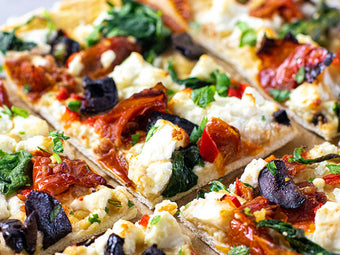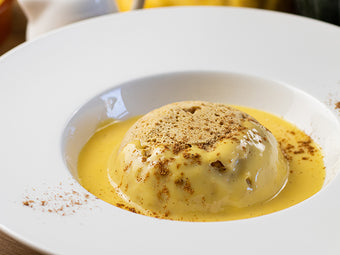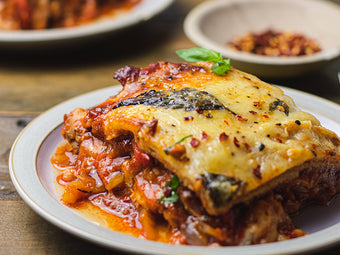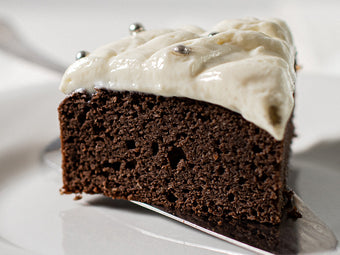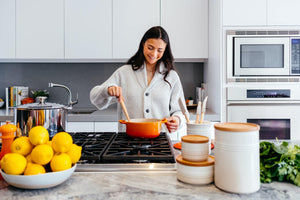Learn To Run A Kitchen Like A Pro
Lo-Dough's top tips for running a kitchen like a professional!
Every so often at Lo-Dough, we wanna check in with you on a few cookery and kitchen tips to make sure you know how to stay on top of things in the engine room of the house. Lo-Dough is an ingredient contributing to an overall meal and so requires some fundamental cookery and kitchen management skills to get the most of it. Don't fret - it's nothing massively advanced... let us show you a few simple tips that will help you save on waste and money and make tastier and nicer looking food.
1. Waste not, want not!
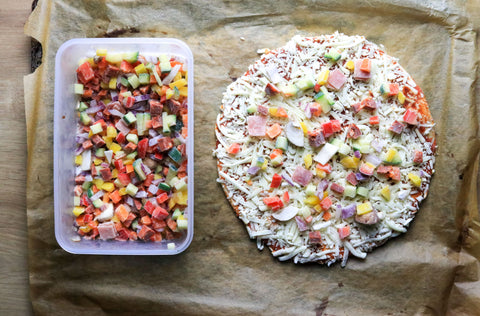
Any pro chef worth his or her salt knows that food waste is profit going straight in the bin (not to mention the environmental waste). There is no reason for a home cook to think any differently... Good food isn't cheap - Let's all try to become zero waste champions in any kitchen!
- Never waste Lo-Dough. If a recipe generates off-cuts, blitz these to a crumb and use again in any number of our crumb based recipes. Something like a mug cake. Or a crumb coating.
- Never waste chopped veg/meats. When making a pizza, you might end up chopping up a little bit more veg/meat than you require. Just cut everything to size and keep in a Tupperware box in the freezer. This can be used straight from frozen anytime in the future for pizzas or even quick soups.
- Batch cook! If you have a fridge full of ingredients close to running out of date, it's time to turn them into a cooked meal that you can freeze in batches, ready to defrost and heat up another day. A bit of one-time weekend cooking can set you up with meals for weeks to come - you'll be glad of them!
2. Get Ahead!
- Batch cooking is not just about saving waste. It's about time-saving. It'll take as much time to make 2 portions of stew/soup/sauce as it will take to make 6, 8, or 10 etc. So make in bulk and have plenty of bags, trays or pots to freeze it off in suitable portions.
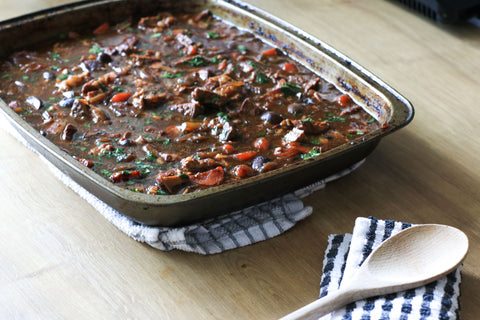
- Stews and sauces can be split into two and one half can be spiced and finished differently so that you don't get bored of eating the same old thing!
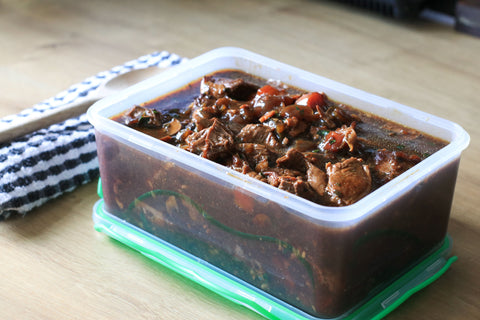
- If cooking for friends, do all your prep before they arrive. This means that you should have anything that needs quickly cooking chopped and ready to go and anything that needs slow cooking, pre-cooked and ready to reheat. If you are organised, you can actually spend time with your friends rather than slaving away in the kitchen!
3. Clean as you go!!
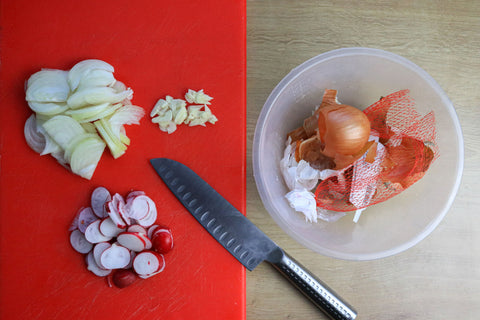
Nothing gives a home cook away to a pro as the home cook being messy in the kitchen. Piles of veg peelings, unclean boards and knives, greasy pots piling up - a messy unclean kitchen tends to create disorganised cooks, which ultimately impacts on the food itself. So:
- Clean as you go. Do a job like peeling a vegetable and then clean up before starting the next job. Keep working like this and you'll even find you save time in the long run! Start a makeshift bin next to your prep area to help you stay tidy.
- Keep your fridge as tidy as possible. Move things to the front and long-dated things to the back to save on waste and mess (nothing makes a mess quite like an old vegetable collapsing into mush at the back of your fridge...!).
4. Look after your kitchen equipment!
- Keep your knives sharp. Invest in a half-decent knife (you don't have to spend hundreds - but it's worth investing in something that will last a good few years). While you're at it, buy a sharpener and use it! Sharpen your knife briefly every time you get it out to cook - it only takes a few seconds. It will last longer and be more effective. Learning to chop vegetables quickly will allow you to get through prep far quicker and thus have your meals ready sooner!
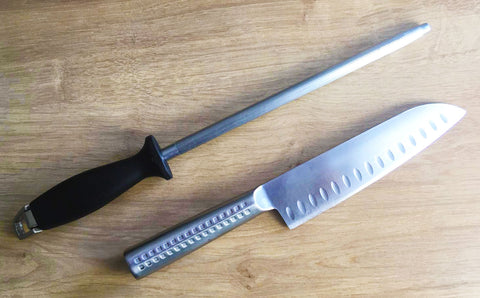
- Sharper knives are safer knives. You are far more likely to cut yourself with a blunt knife. The reason is, you will have to apply pressure which can cause you to slip much more easily. Use the sharpest knife you can and it will do the work for you. Just keep your fingers well out the way and concentrate. Don't get cocky - build up speed with practice and over plenty of time.
- Look after your pans too. If your pans have a non-stick coating on them, use wooden or silicone spoons and spatulas. Don't clean them with abrasive pads either.






